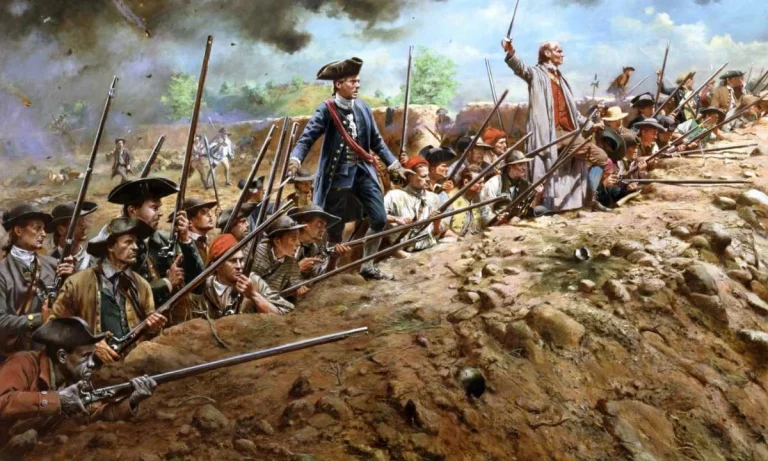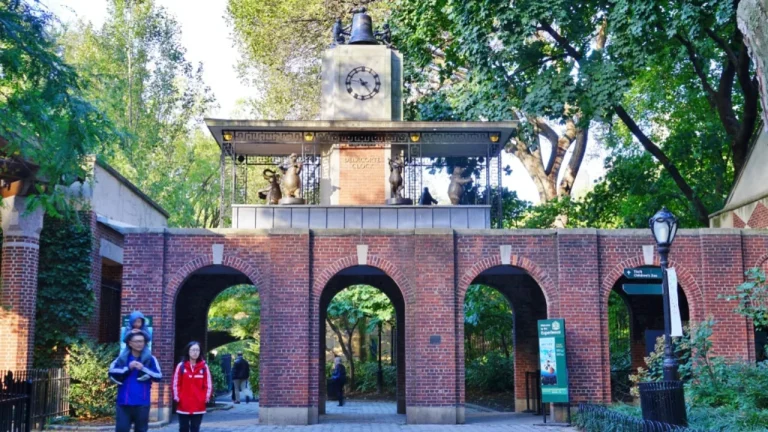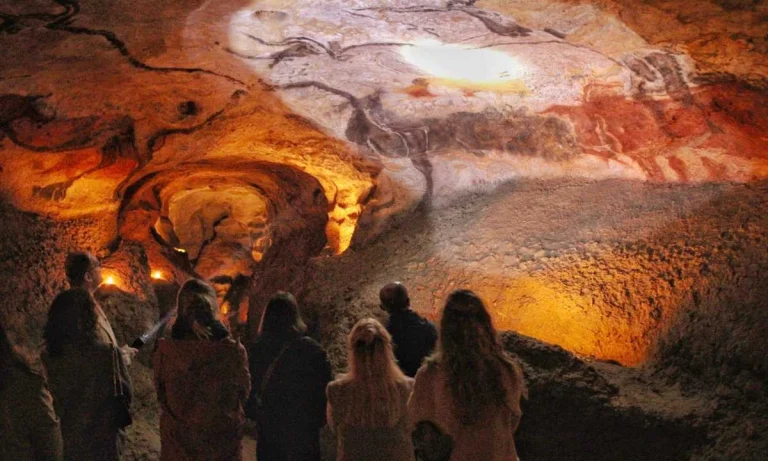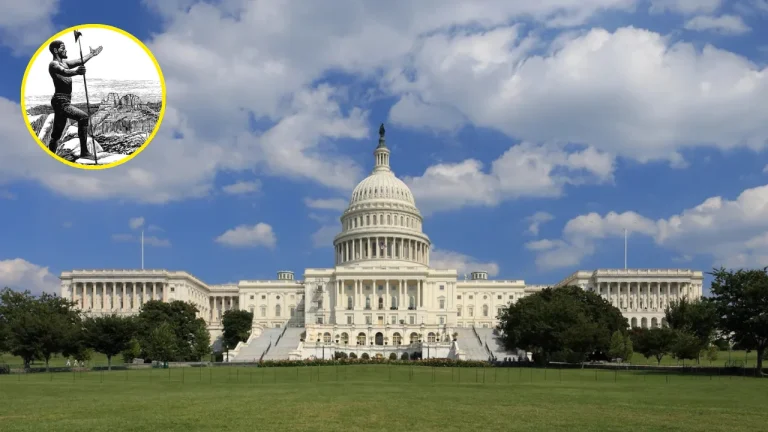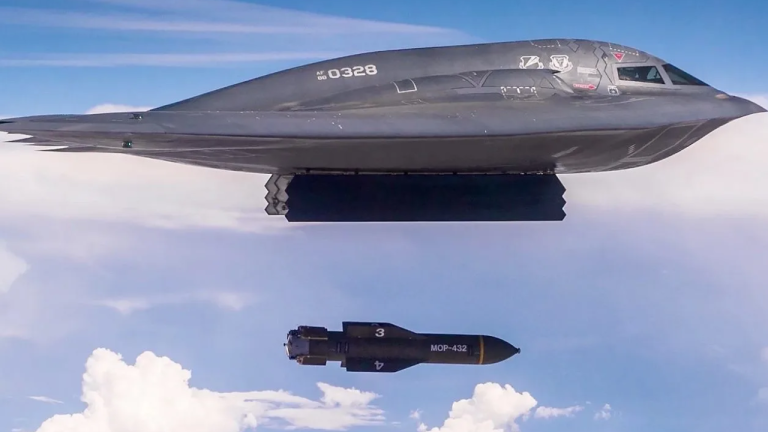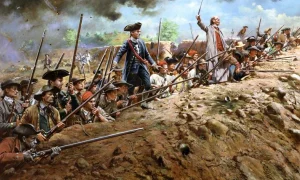On Thursday, Attorney General James Uthmeier announced on social media that his office is officially charging Ryan Routh for attempting to assassinate then-presidential candidate Donald J. Trump. Uthmeier thanked Attorney General Pam Bondi and FBI Director Kash Patel for their help with the matter, emphasizing the importance of collaboration between federal and state agencies to ensure justice is served. This marks a significant moment in U.S. history as it highlights the ongoing issues around political figures’ safety and the grave consequences of political violence.
The announcement has sent shockwaves through the political landscape, sparking debates over security protocols for public figures and the implications of such an attack on political discourse in the country. Details about the specific nature of the attempt or the motives behind Ryan Routh’s actions remain scarce, leaving the public and media speculating about the broader context and potential ideological motivations.
The attempted assassination underscores the intense political division and the lengths some individuals might go to oppose or support public figures. The incident has prompted law enforcement to reconsider the current security frameworks surrounding political candidates, especially during high-stakes election cycles. The legal proceedings against Routh are expected to be high profile, drawing national attention to the vulnerabilities within the political ecosystem.
Experts suggest that this attempted assassination could lead to heightened security measures and stricter laws regarding threats against political figures. Events like these often lead to a reevaluation of public safety measures, aiming to balance open democratic participation with the need for security.
Comparatively, past incidents of political violence have shown the pattern of increased security and public discourse reshaping following such events. Historical parallels are drawn with other assassination attempts, revealing a complex narrative of protection versus freedom in democratic societies.
This developing news story continues to evolve, and further details await public release as investigations proceed. The implications of this event are far-reaching, potentially altering how future presidential campaigns are conducted in terms of security and public engagement.




